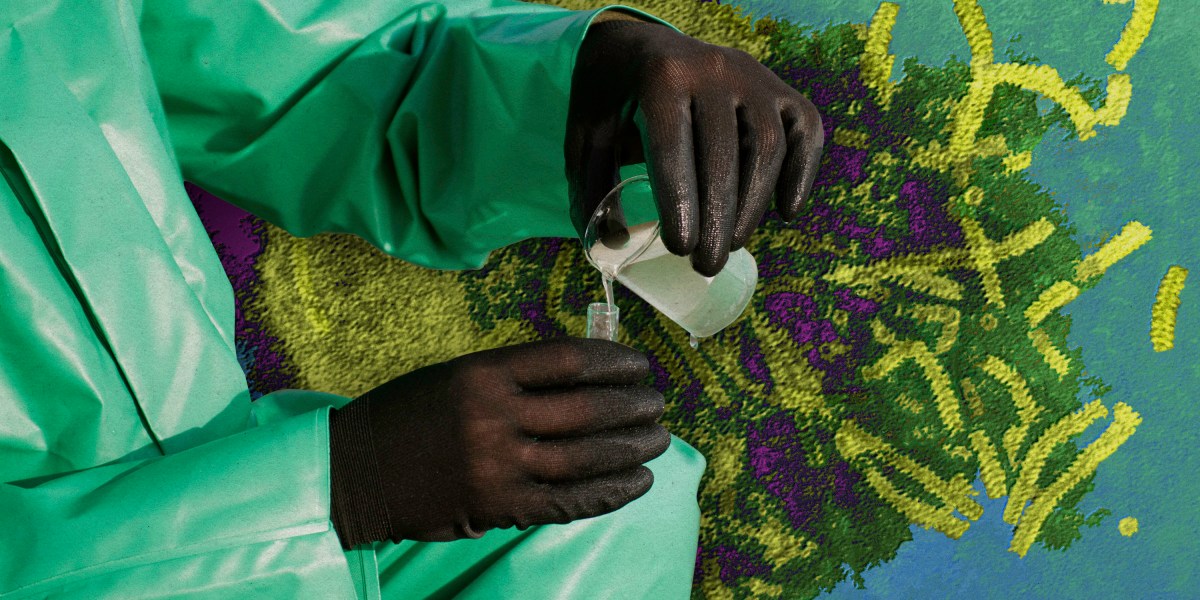
Measles is back with a vengeance. In the UK, where only 85% of school-age children have received two doses of the MMR vaccine, as many as 300 people have contracted the disease since October. And cases are creeping up across the US too.
Catching measles outbreaks early is tricky, though. Like many other respiratory viruses, it starts off with a cough, runny nose, fever, and achy body. The telltale rash doesn’t appear for two to four more days. By then, a person is already infectious. Very infectious, in fact. Measles is one of the most contagious diseases around.
Maybe there’s a solution. The US developed a vast wastewater sampling network to detect covid during the pandemic. Could we leverage that network to provide an early warning system for measles? Read the full story.
—Cassandra Willyard
This story is from The Checkup, our weekly biotech and health newsletter. Sign up to receive it in your inbox every Thursday.
Meet the economist who wants the field to account for nature
What is the true value of a honeybee? A mountain stream? A mangrove tree?
Gretchen Daily, cofounder and faculty director of the Stanford Natural Capital Project, has dedicated her career to answering such complex questions. Daily and her team help governments, international banks, and NGOs to not only quantify the value of nature, but also determine the benefits of conservation and ecosystem restoration.
